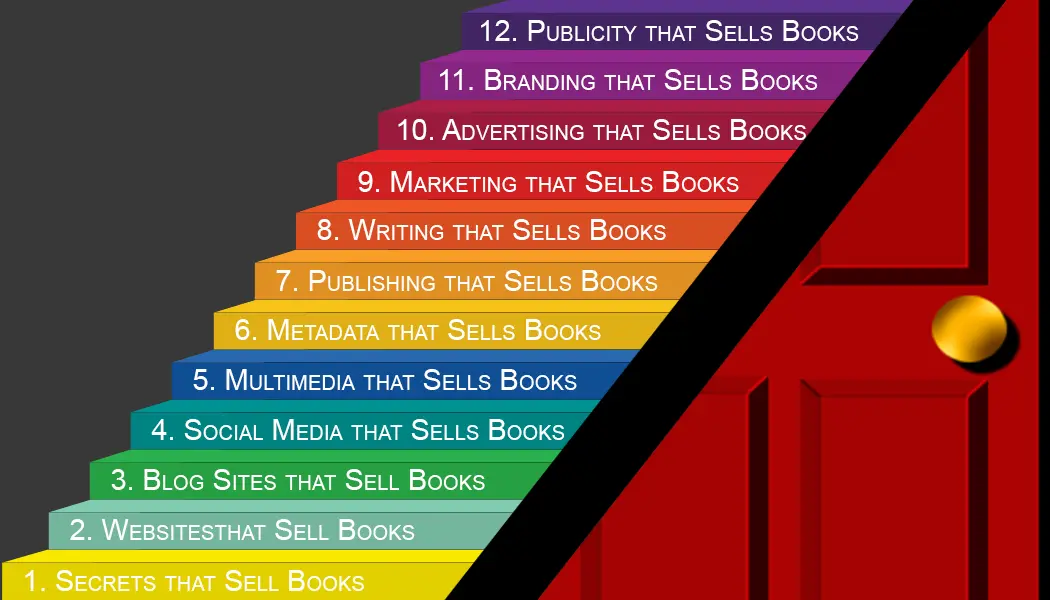In today’s digital era, writing has transcended traditional boundaries to include both offline and online realms. Each platform offers unique benefits and challenges, shaping how we create, edit, and share content. To excel as a writer in this dual landscape, it is crucial to adopt strategies that leverage the strengths of both offline and online writing. This comprehensive guide delves into effective techniques for mastering writing strategy across these mediums, providing tips on how to harmonize these approaches for maximum impact.
Offline Writing Strategy: Harnessing the Traditional Approach
Offline writing remains foundational in the digital age, offering a tactile and focused environment that can enhance creativity and concentration. Here’s how to maximize your offline writing efforts:
1. The Benefits of Handwriting
- Cognitive Engagement: Handwriting stimulates areas of the brain involved in thinking and memory, often leading to deeper insights and retention.
- Sensory Experience: The physical act of writing can connect you more intimately with your work, making the creative process more personal and profound.
2. Creating a Conducive Writing Environment
- Dedicated Workspace: Establish a designated area that inspires writing. This should be a quiet space, possibly with inspirational quotes or literature, conducive to writing sessions.
- Tools and Materials: Equip your workspace with a variety of writing instruments and paper types to suit different projects and moods.
3. Analog Research and Inspiration
- Utilizing Libraries: Beyond online resources, physical books, journals, and archives can provide unique insights and information not available online.
- Real-World Exploration: Field trips and real-life interactions can offer authentic experiences that enrich your writing, providing details that enhance realism and depth.
Online Writing Strategy: Leveraging the Power of Digital
Online writing strategy methods embrace the vast capabilities of digital tools to streamline processes, enhance accessibility, and connect with audiences globally.
1. Efficient Use of Digital Tools
- Advanced Writing Software: Beyond basic processors, specialized software can help organize research, plot narratives, and structure complex documents.
- Editing Software: Digital tools that offer advanced grammar, style checks, and readability assessments can significantly polish your texts.
2. Optimizing for Online Audiences
- SEO Practices: Understanding search engine optimization can greatly enhance the visibility of your online writing, drawing more readers and engagement.
- Interactive Content: Consider incorporating multimedia elements such as videos, links, and interactive graphics to enrich your online texts.
3. Exploiting Digital Platforms
- Diverse Publishing Outlets: From blogging platforms to e-publishing, digital media offers a variety of ways to publish that can be tailored to different content types and audiences.
- Social Media Networking: Platforms like Twitter, Instagram, and LinkedIn can be powerful tools for promoting your work and engaging with readers.
Integrating Offline and Online Writing
Combining offline and online writing strategy methods can create a seamless workflow that maximizes the benefits of each.
1. Initial Drafting Offline
- Start with offline brainstorming or freewriting. This can help you develop ideas without the distractions and limitations of technology.
2. Digital Editing and Enhancement
- Transfer handwritten drafts into digital format for detailed editing. Digital tools can help refine structure, grammar, and style more efficiently.
3. Using Feedback for Refinement
- Utilize online platforms for sharing drafts with beta readers or editors and gather feedback quickly. Apply this feedback in subsequent offline revisions.
4. Online Publication and Promotion
- Once your piece is polished, use online platforms for publication. Utilize digital marketing strategies to promote your work, targeting specific audiences through SEO and social media.
Conclusion: The Synergy of the Modern Writing Strategy
In mastering both offline and online writing, you can harness the full spectrum of tools and opportunities available to writers today. Whether drafting by hand in a quiet nook or typing away on a bustling online forum, integrating these approaches allows you to expand your skills, reach diverse audiences, and adapt to the evolving demands of the writing profession. By navigating both landscapes, writers can achieve a dynamic and robust writing practice with a writing strategy that is responsive to both the demands of personal creativity and the realities of the digital marketplace.
____________________________________________
Related Entries:
Book Businesses: Offline and Online Marketing Strategy
Related Topics:
Visit our website at www.AuthorsDoor.com and our blog site at www.AuthorsRedDoor.com as you continue your author-publisher journey.


